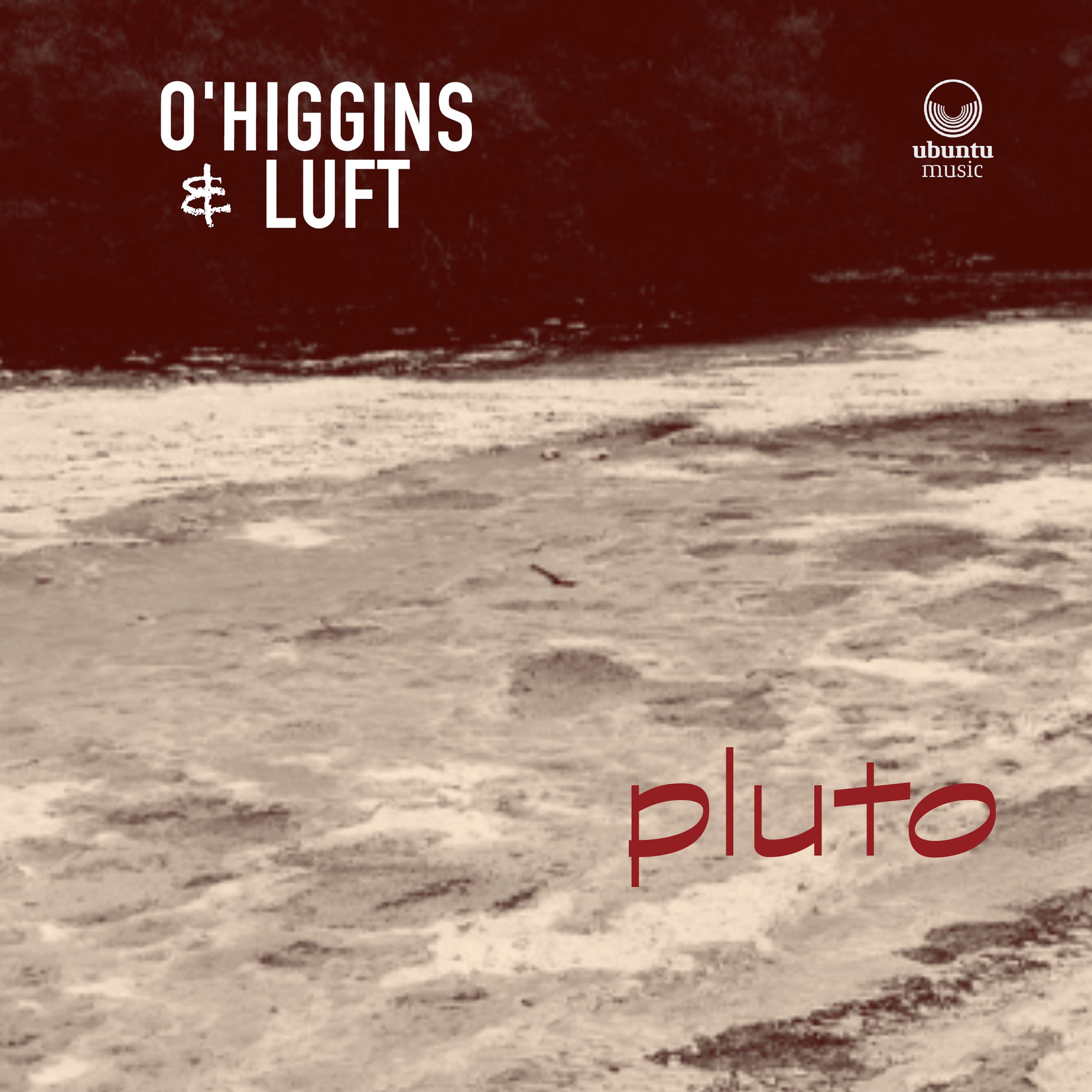REVIEW: Mark Lewandowski
REVIEW: Tristan Banks
REVIEWS: O'Higgins & Luft + His'n'Hers
Jazz Journal’s Simon Adams writes, “Let’s hope they (His’n’Hers) manage to complete another full album soon.”
ALBUM REVIEW: Sean Gibbs: When Can I See You Again?
REVIEW: Joshua Cavanagh-Brierley - 'Joy In Bewilderment'
Jazz Journal’s Simon Adams writes, “His ideas are great, his compositions are strong, his ensemble arrangements excellent…”
REVIEW: QOW TRIO
Jazz Journal’s Simon Adams writes, “British tenor, bass and drums trio brings a strikingly fresh, modernist approach to standard material.”
According to drummer Spike Wells, the QOW Trio – named after a freeish Dewey Redman piece – started as a homage to the Sonny Rollins piano-less trio of the late 1950s, but soon broadened its scope to cover a much wider repertoire. So now the American Songbook gets a look in, so too a Charlie Parker classic, a Joe Henderson piece and, in Pound For Prez, a paraphrase of a Lester Young solo on Count Basie’s Pound Cake, plus a couple of originals.
Whatever the material, what is striking about this set is the freshness with which all three musicians approach their work. Ignoring the Rollins references, Riley Stone-Lonergan is very much his own man, his tenor ever questing in its explorations of melodic and harmonic possibilities, never afraid to push to the outer limits, as on the title track.
Eddie Myer consistently comes across as the most interesting player here, his bass quiet but insistent in its contributions, his solo on Serenity superb. Spike Wells is, of course, utterly himself throughout, his clattering drums adding a necessary vigour to proceedings. But this is to pick out individuals when it is the trio as a whole that matters. They play together like a team, aware what the others are doing and giving each other room to breathe. Given the age of some of their material, what stands out is their modernist approach, their instinctive ingenuity and daring.
Spike Wells remarked that this recording “was the most enjoyable time I’ve ever had in a recording studio” and he and his colleagues’ pleasure shows on every track. Were it not for lockdown, this trio would be packing out the clubs.
Discography
A Slow Boat To China; QOW; Serenity; Cheryl; Qowfirmation; God Bless The Child; It’s All Right By Me; Pound For Prez; You Do Something To Me (50.07)
Riley Stone-Lonergan (ts); Eddie Myer (b); Spike Wells (d). Harlesden, London, 2020?
Ubuntu Music UBU0078
REVIEW: James Copus 'Dusk'
Jazz Journal’s Simon Adams writes, “Trumpeter James Copus has been making quite a name for himself in British jazz circles in recent years, and this, his debut album, has been much awaited.”
Trumpeter James Copus has been making quite a name for himself in British jazz circles in recent years, and this, his debut album, has been much awaited. He’s assembled a strong band to support him, notably Jason Brown, drummer to the trumpeter of the moment, Ambrose Akinmusire.
All the six compositions are the leader’s, a mixture of post-bop workouts and fusion moods that reflect his devotion to Blue Note jazz, notably Freddie Hubbard, and to the current New York scene.
The opening Early Hours is as much a feature for Tom Cawley’s fluent piano as it is for the leader’s clean, pitch-perfect lines, although it is Brown’s dynamic drumming, ignoring strict time keeping, that captures the ear. The Line and From The Source are both dominated by Cawley’s synthesizers, with their great sweeps of sound, the leader gliding cleanly over the top, avoiding grandstanding statements in favour of a fluent logic.
The title track works well for its quieter approach, the leader’s foggy vocals drifting nicely along, although the concluding drum solo that leads into From The Source is an unstable bridge. Elsewhere, Straight Ahead is a self-explanatory post-bop feature for the leader, Yearning a quiet, melancholy excuse for bassist Conor Chaplin to shine. The brief Outro pulls everything together to end on a collective high.
All in all, it adds up to a fine release from a trumpeter with a great future ahead of him.

























